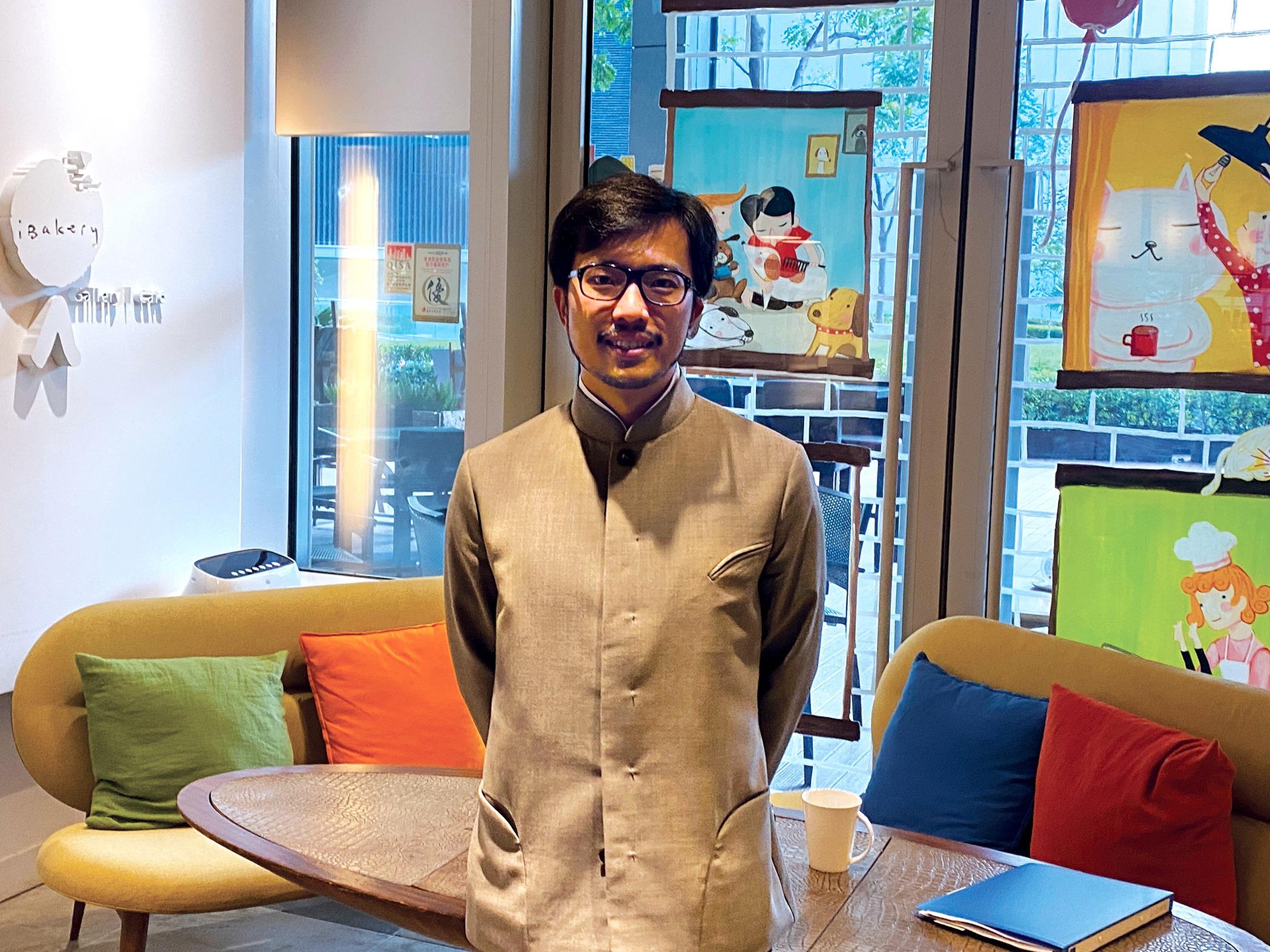 Nicholas Ho Lik-chi, the Commissioner for Belt and Road Office. (PHOTO PROVIDED TO CHINA DAILY)
Nicholas Ho Lik-chi, the Commissioner for Belt and Road Office. (PHOTO PROVIDED TO CHINA DAILY)
Hong Kong’s newly appointed Belt and Road commissioner, Nicholas Ho Lik-chi, highlighted the positive impact of the initiative in establishing a strong framework for policy development and fostering meaningful connections between people.
Ho, a veteran architect, in September became the third commissioner for the Belt and Road Office. Before assuming his new role, he had long been actively promoting the initiative by leading a number of BRI-related projects, including smart-city development and green building construction.
Ho has been making use of his experience in the private market to facilitate such connections, and has set a goal of making Hong Kong a key professional-services provider that helps more projects become a reality and go global.
A compelling project
This year is the 10th anniversary of the Belt and Road Initiative. Over the past decade, more than 3,000 projects have been launched under the framework of this initiative, enhancing connectivity in terms of infrastructure, transportation, policy coordination, and people-to-people bonds, Ho said.
The long-term multilateralism-oriented plan offers a wide range of opportunities for in-depth and extensive collaboration among all its members. Therefore, in spite of escalating geopolitical disputes, the BRI members have consistently demonstrated a willingness to cooperate because they understand that it ultimately benefits the people.
As for the next decade, engaging the business sector and private market participation in the initiative will be the new focus, Ho said.
The process of building the foundation is time-consuming, and the return on investment has been relatively slow so far, but he said the harvest is finally here.
Ho defined Africa as another important market for boosting cooperation, in addition to the Middle East and Southeast Asia. Ho added that the economic activities of Hong Kong businesspeople in South Africa have increased recently, and the office will pay close attention to it.
City at core
In light of this new, growing trend, Ho said that Hong Kong, as an international financial center and a core city of Asia and the Guangdong-Hong Kong-Macao Greater Bay Area, needs to act promptly and encourage more businesses, including small and medium-sized enterprises, to participate in the BRI by offering practical assistance. For example, under the BRI framework, Hong Kong can help businesses from Hong Kong and other Greater Bay Area cities find suitable partners and platforms worldwide when they seek to expand overseas.
Ho said that the city’s financial services industry, including Hong Kong Exchange and Clearing Ltd, has been undergoing continuous transformation to adapt to the changing global business environment, making it well-equipped to help activate services along the way.
Hong Kong’s brand recognition has been a remarkable advantage for the city to use when engaging with global companies, Ho said. For example, many Chinese-mainland brands, including healthcare and medicine startups and technology companies, have chosen Hong Kong as their international headquarters, hoping the city’s well-established reputation can effectively make its products widely recognized.
In addition to encouraging Hong Kong and Chinese-mainland enterprises to expand overseas, Ho said the Hong Kong Special Administrative Region government will encourage talented individuals and enterprises from BRI member countries and regions to develop in Hong Kong.
Ho also said he hopes to see enhanced collaboration on education and travel to further foster people-to-people exchanges.


